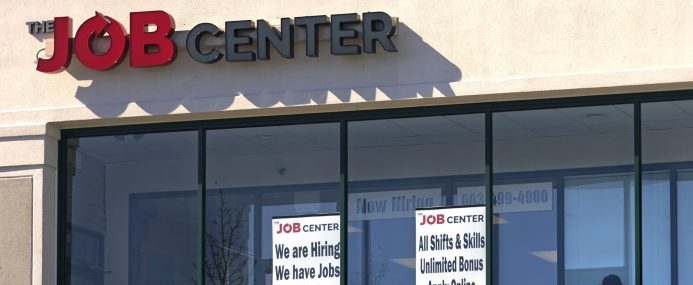
Supreme Court Rejects Small Business-Threatening Challenge in Moore v. United States
Washington, DC — On June 20, 2024, the U.S. Supreme Court issued a 7-2 ruling in Moore v. United States, rejecting a challenge to Congress’ power to enact a one-time transition tax included in the 2017 Trump-era tax cuts that could have created years of tax uncertainty for small businesses and upended much of the country’s tax code.
Read moreIn Moore v. US, plaintiffs—backed by many far-right groups that enjoy close ties to SCOTUS justices—are pushing an aggressive view of the 16th amendment (which authorizes Congress to tax income), that if accepted, would create years of tax uncertainty for small businesses, harming their ability to compete in the economy. Specifically, they are challenging the constitutionality of the Mandatory Repatriation Tax, a one-time transition tax included in the 2017 tax cuts designed to prevent accumulated earnings from going untaxed permanently.
The challenge to the Mandatory Repatriation Tax is backed by a constellation of highly-resourced, far-right, anti-democratic legal advocacy groups with close ties to Federalist Society leader Leonard Leo, including the Buckeye Institute and Southeastern Legal Foundation. Leo famously joined SCOTUS justices Clarence Thomas and Samuel Alito on previously undisclosed vacations paid for by billionaires Harlan Crow and Paul Singer. Crow and Singer help fund the Manhattan Institute, which was one of eight conservative advocacy groups that filed amicus briefs urging the Supreme Court to hear the case.
Democracy Forward represented Main Street Alliance (MSA), Small Business Majority (SBM), and Anne Zimmerman (business owner, and co-chair of Small Business For America’s Future) in submitting a brief to the Supreme Court warning that ruling the way the plaintiffs want would hurt small businesses by creating years of tax uncertainty.
Main Street Alliance is a national network of small businesses that represents approximately 30,000 small businesses across the country. Small Business Majority is a national small business organization that empowers America’s diverse entrepreneurs to build a thriving and equitable economy. Small Business For America’s Future is a national coalition of business owners and leaders working to provide small businesses a voice at every level of government.
Small businesses are vital to the US economy. The vast majority—99.9 percent—of businesses in the US are small. Small businesses employ nearly half of the nation’s workers and have created the majority of new jobs in the US since 1995. However, unlike the largest corporations, small businesses don’t have the resources to hire tax attorneys, lobbyists and big accounting firms to follow tax law developments. Predictable tax burdens allow small businesses to confidently plan and prepare for the future. An uncertain tax environment will make it harder for small businesses to compete against larger, more well-resourced corporations.